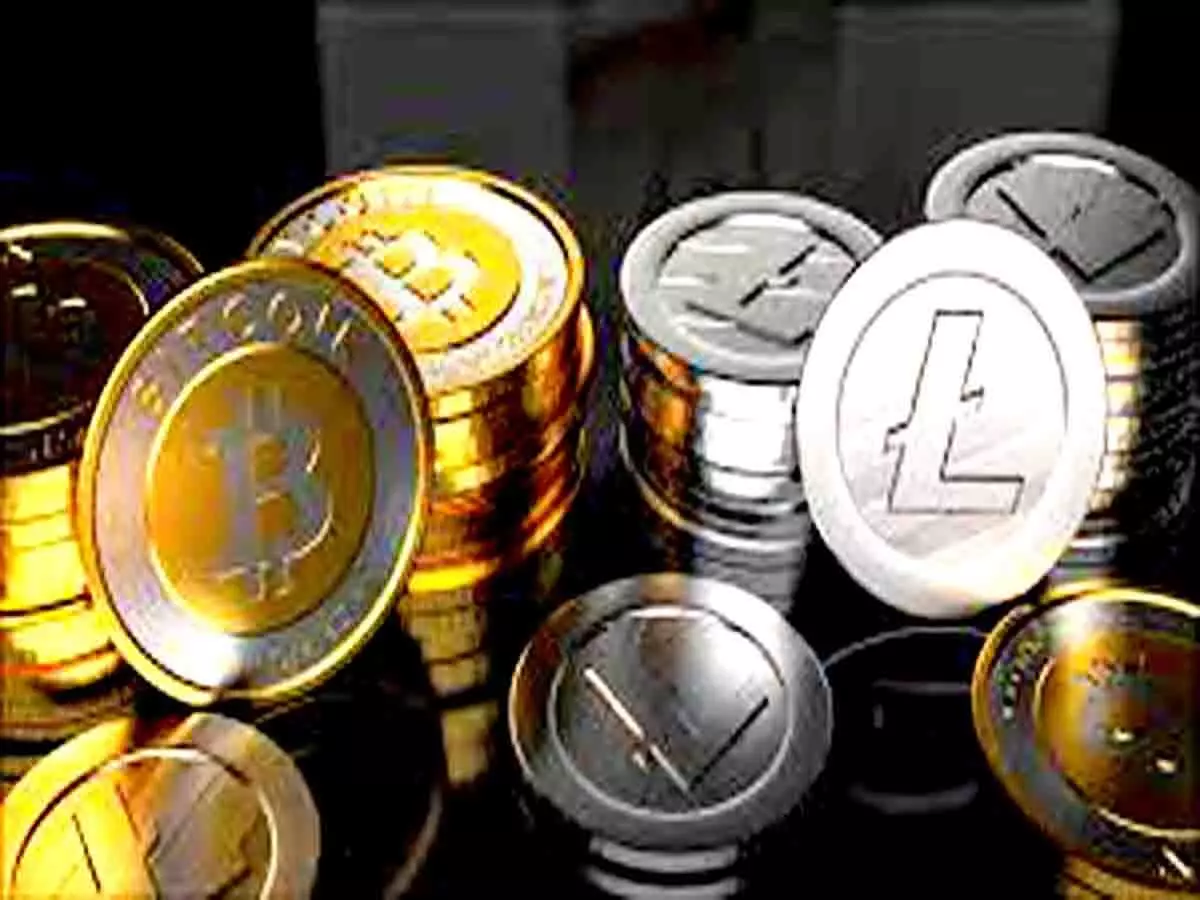Exploring Cryptocurrency Variety: Online Exchanges vs. Bitcoin ATMs
The world of cryptocurrencies has experienced exponential growth in recent years, with an ever-expanding list of digital assets enticing investors and enthusiasts alike. As the crypto market continues to evolve, individuals are presented with multiple avenues for acquiring their preferred tokens and coins.
In this blog post, we’ll talk about the intriguing question: Can you buy a wider variety of cryptocurrencies at an online exchange compared to a Bitcoin ATM? Let’s explore the differences between these two options and why online exchanges offer a broader selection.

Content
Bitcoin ATMs: A Limited Selection
Bitcoin ATMs, often referred to as BTC ATMs, have gained popularity for their accessibility and ease of use. These machines typically allow users to purchase Bitcoin and, in some cases, Ethereum—the two most recognized cryptocurrencies in the world. While Bitcoin ATMs serve as a convenient on-ramp into the crypto space, they fall short when offering diverse digital assets.
The primary reason behind this limitation is the inherent physical nature of Bitcoin ATMs. These machines require physical space and maintenance, making it challenging to accommodate a multitude of cryptocurrencies.
Furthermore, the demand for other cryptocurrencies at these locations may not be as high as for Bitcoin and Ethereum, which can deter ATM operators from expanding their offerings.
Online Exchanges: A Vast Cryptocurrency Marketplace
Online cryptocurrency exchanges, on the other hand, present a stark contrast to Bitcoin ATMs in terms of variety and choice. These digital platforms are designed to facilitate the trading of a plethora of cryptocurrencies, including both popular ones like Bitcoin and Ethereum, as well as a wide array of alternative coins (altcoins) and tokens.
The primary factors contributing to the extensive selection on online exchanges are:
- Resources and Infrastructure: Online exchanges operate digitally, eliminating physical constraints. This allows them to support a broader spectrum of cryptocurrencies effortlessly. With the growing interest in altcoins and tokens, exchanges can adapt quickly to market trends.
- Advanced Trading Features: Beyond simply buying and selling cryptocurrencies, online exchanges offer advanced trading features like margin trading and limit orders. These features attract traders who want to capitalize on market volatility, and they are simply not available at Bitcoin ATMs.
- Global Reach: Online exchanges cater to a worldwide audience, meaning they must provide access to a diverse range of cryptocurrencies to remain competitive. This global reach also means that users from different parts of the world can access various tokens that may not be available locally through Bitcoin ATMs.
Regulatory Considerations
It’s essential to acknowledge that not all online exchanges offer the same selection of cryptocurrencies. Some exchanges may have restrictions based on location or compliance with regulatory requirements. It’s crucial for users to research and choose exchanges that align with their specific needs and comply with local regulations.
Conclusion
In the ongoing debate between online exchanges and Bitcoin ATMs, the former undoubtedly emerges as the victor when it comes to offering a wider variety of cryptocurrencies. The flexibility of digital platforms and their ability to adapt to market demands make them the preferred choice for crypto enthusiasts seeking diversity in their portfolios.
However, users should exercise caution and due diligence when selecting an online exchange, considering factors like security, fees, and regulatory compliance. As the cryptocurrency ecosystem continues to evolve, one thing remains certain: the options for acquiring digital assets continually expand, offering exciting opportunities for investors and enthusiasts alike.
Jeffrey is a cryptocurrency blogger who writes about the latest developments in blockchain technology. He has been blogging for over 4 years and his posts have been read by people from all around the world. His blog covers a wide range of topics, such as trading advice, new ICOs to invest in, and how blockchains can be used outside of cryptocurrencies. Jeffrey also enjoys writing about more technical aspects of cryptocurrencies and blockchain technology.


